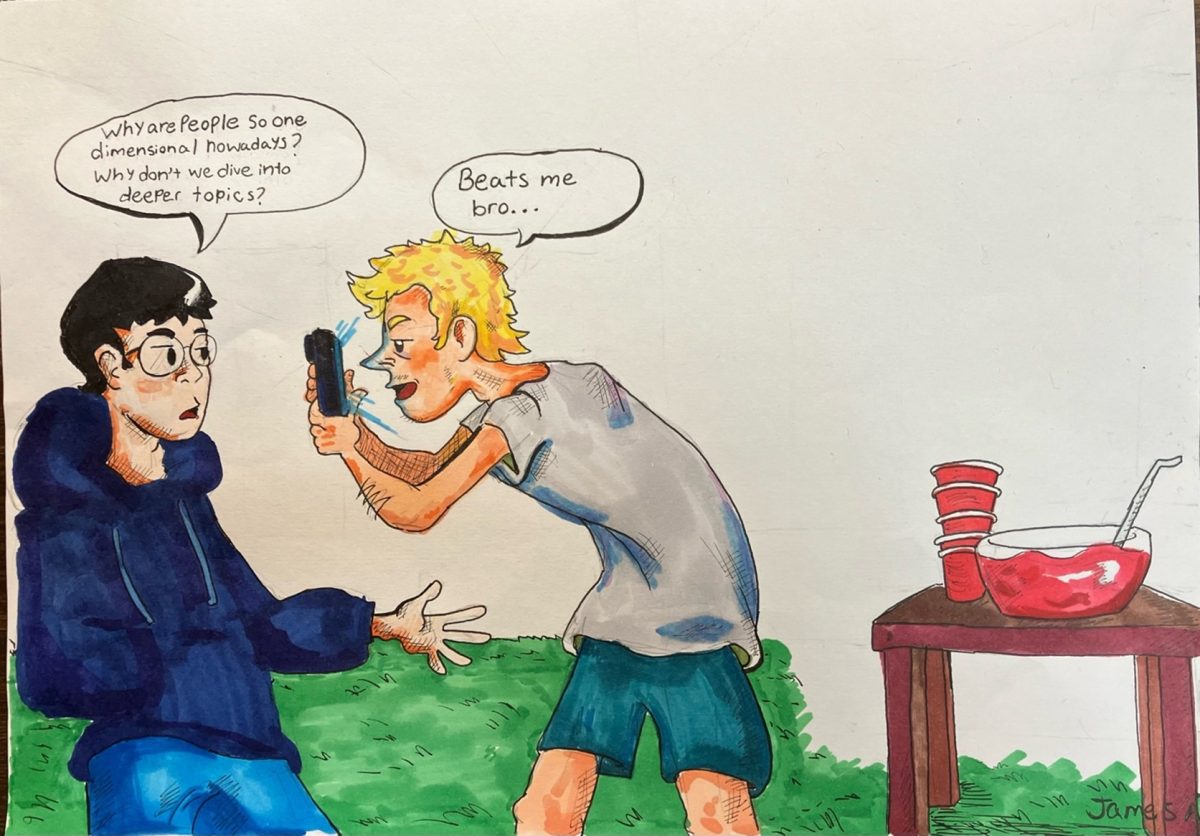The successful writers’ strike and ongoing actors’ strike may be hitting hard on Georgia’s film industry, but the negative effects are necessary. No change can be achieved within the entertainment business without noticeable disruption.
It’s no secret that Georgia has been a prominent powerhouse in the entertainment industry as of late. The Georgia Film Office reported that its film and television industry amassed about $4.4 billion in 2022. According to the U.S. Bureau of Labor Statistics, there has been a growth of 15,611 jobs from 2011 to 2021. Unsurprisingly, the decisions of the top people to not adhere to the strikers’ demands have put workers who specialize in sound, production, camera, and lighting among other departments out of a job.
However, they also extend beyond the most direct workers. In an article about the recent job crisis, the AJC talked to Georgia resident Jann Marthaler, who owns Unique Treasures in Snellville, and she gauged that 13% of her annual profits stem from the film industry.
Small businesses like Unique Treasures that specialize in endeavors that are helpful for production are experiencing the consequences of the unsustainable state of the industry. The same can be said about local restaurants, hotels, and filming locations.
This current landscape will continue in Georgia and across the United States not because the strikers are being unrealistic with how they wish to be compensated, but because the streaming giants who reap the most benefits from the current model don’t wish to sacrifice a portion of their paychecks.
The upheaval is worth the negative effects, because of the vital fight for the future of workers in the film and television industry currently happening.
The Writers Guild of America (WGA) went on strike following the expiration of their contracts with the Alliance of Motion Picture and Television Producers (AMPTP), which represents various television and film production companies, on May 2. The Screen Actors Guild American Federation of Television and Radio Artists (SAG-AFTRA) joined the strikers on Jul. 14 after their contract expired.
The decision to strike was due to a wide range of problems, but prominent ones include the monetary concerns that the rise of streaming has ushered in and the role of AI in future projects.
The boom in popularity of streaming services like Netflix has shaken the traditional model for compensation in television. The stability of residuals, long-term payments provided to those who worked on a project for reruns and DVD packaging, has crumbled due to streaming services paying significantly less than what cable TV once did. They are pushing for more financial stability following the success of shows that make the heads of streaming giants richer, while they are left with far less than they once had.
Writers wanted and gained regulations about the use of A.I. in the creation of scripts, fearing the job market for screenwriters would dwindle further if usage became widespread. Actors are also concerned about the rise of A.I in the possibility of background actors being replaced in favor of copying their digital likeness.
The AMPTP and WGA negotiated a new deal on Sept. 24 which will last until May 1, 2026. On Oct. 9, the members ratified the agreement with 99% of the union in favor of doing so. Unfortunately, the AMPTP and SAG-AFTRA discussions were suspended on Oct. 11. The former stating, “After meaningful conversations, it is clear that the gap between the AMPTP and SAG-AFTRA is too great, and conversations are no longer moving us in a productive direction.”
To certain consumers, the strike may seem aggravating in its effects. Similar feelings will likely continue to arise if they feel the full extent of the pauses in productions as one’s highly anticipated movies and beloved television shows remain unreleased in the coming year. However, it is an obligatory side effect for workers in the film and television industry – who entertain an inconceivable amount of people – to be appropriately secure in their jobs.
The demands they are seeking are far from unreasonable as SAG-AFTRA granted non-AMPTP affiliated company A24 waivers for the continuation of shooting for “Mother Mary” and “Death of a Unicorn” among other independent productions.
Notably, this is only so because they agreed to comply with the terms of SAG-AFTRA’s offer and to stick with the final deal to be arranged. This is a major hit to the argument that the strikers are asking for too much in today’s climate or being impractical. If independent corporations can agree to the strikers’ proposal, then what is stopping major film studios and streaming services from doing the same?
It’s a scary period full of uncertainty for workers in the Georgian film industry and those closely tied to it, but the same can be said about the writers and actors who do not want to be left behind in an ever-changing climate.








